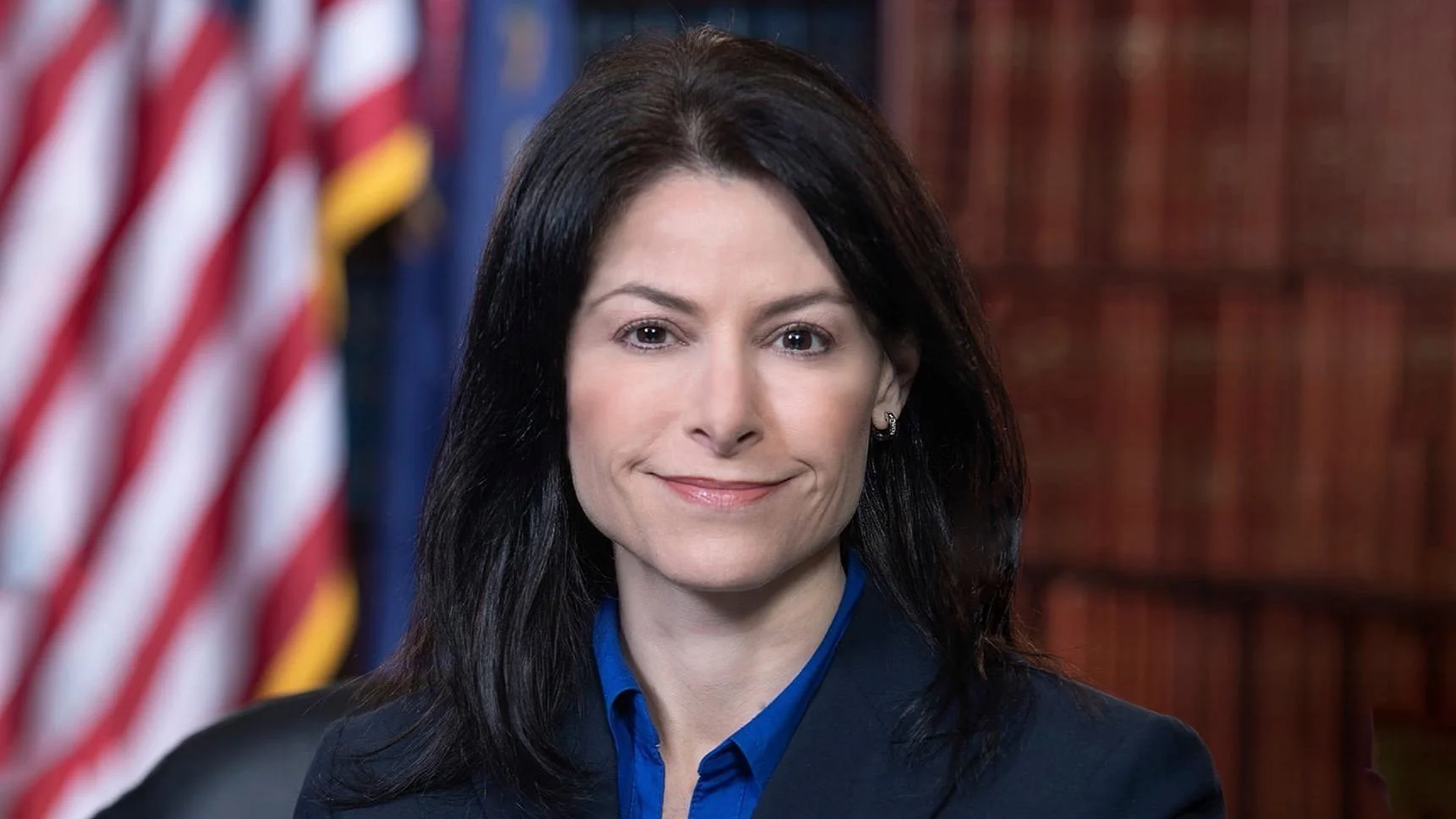Dana Nessel, Attorney General of Michigan | www.facebook.com
Dana Nessel, Attorney General of Michigan | www.facebook.com
After participating in a multi-state lawsuit against the U.S. Department of Justice (DOJ), Michigan Attorney General Dana Nessel announced that the DOJ has dropped its plan to impose new conditions on nearly $1.4 billion in Victims of Crime Act (VOCA) grants. The Trump Administration had previously declared that states would not be able to access these funds unless they agreed to cooperate with federal immigration enforcement priorities.
"As Michigan’s Attorney General, one of my main responsibilities is to protect crime victims and fight for their justice," Nessel said. "The Trump Administration’s attempt to place unlawful conditions on critical VOCA funding threatened to deny survivors the support they need to heal and rebuild their lives. Those conditions would have also required that victims’ detailed personal information be shared with the federal government when demanded — a blatant invasion of privacy that would have been used to target victims themselves rather than their abusers. I am relieved this effort has been abandoned."
Michigan receives between $27 million and $43 million annually from VOCA grants, which are distributed among about 115 victim service organizations across the state. These organizations provide services for victims of child abuse, domestic violence, sexual assault, elder abuse, and human trafficking.
VOCA was established in 1984 under President Ronald Reagan and provides resources such as advocacy services, emergency shelter, medical expenses, funeral costs, crime scene cleanup, and sexual assault forensic exams for crime victims. Nationwide, VOCA funding assists nearly 9 million crime victims each year and covers over 200,000 compensation claims annually.
Previously, the DOJ stated that states must cooperate with U.S. Department of Homeland Security civil immigration enforcement efforts in order to receive VOCA funds—a responsibility typically handled by the federal government.
Following legal action from several states including Michigan, the DOJ has decided not to enforce these requirements on $178 million in VOCA Victim Assistance Grants and $1.2 billion in VOCA Victim Compensation grants.
In addition to this development, last week a coalition of states filed another lawsuit against the DOJ over new restrictions related to VOCA funding as well as other federal grants supporting survivors of domestic violence and violent crimes. The new policy bars states from using grant funds for legal services for undocumented immigrants or those unable to prove their status.
"Telling crime victims that they don’t deserve legal help or access to a lawyer or protection because of their immigration status is cruel and dangerous," Nessel said. "It is not only inhumane – it makes all of us less safe by silencing victims and shielding abusers from accountability. While the Trump Administration may turn its back on vulnerable survivors, my office will stand up for those in need and the safety of Michiganders."
Nessel and her colleagues argue that these restrictions could disrupt victim service programs and prevent families in crisis from receiving needed protection if providers are forced to check immigration status. They also note many organizations lack resources for such screenings. The coalition has asked a court for an injunction against enforcing these restrictions.





 Alerts Sign-up
Alerts Sign-up